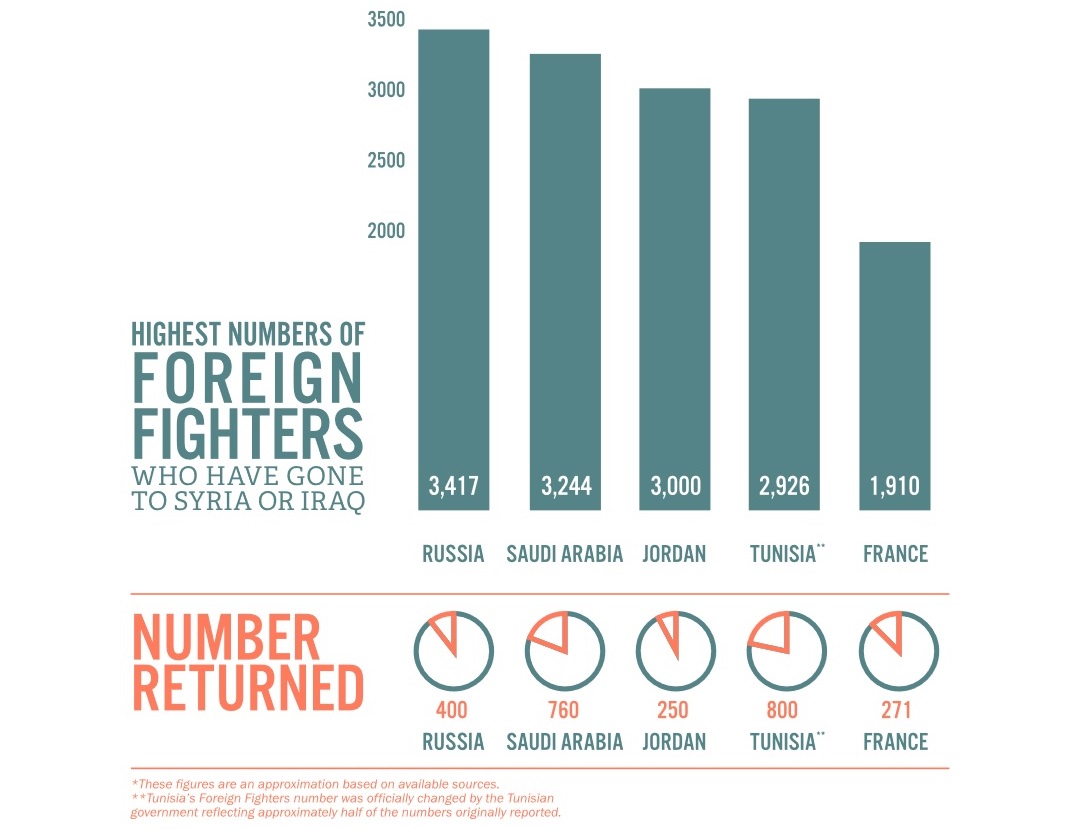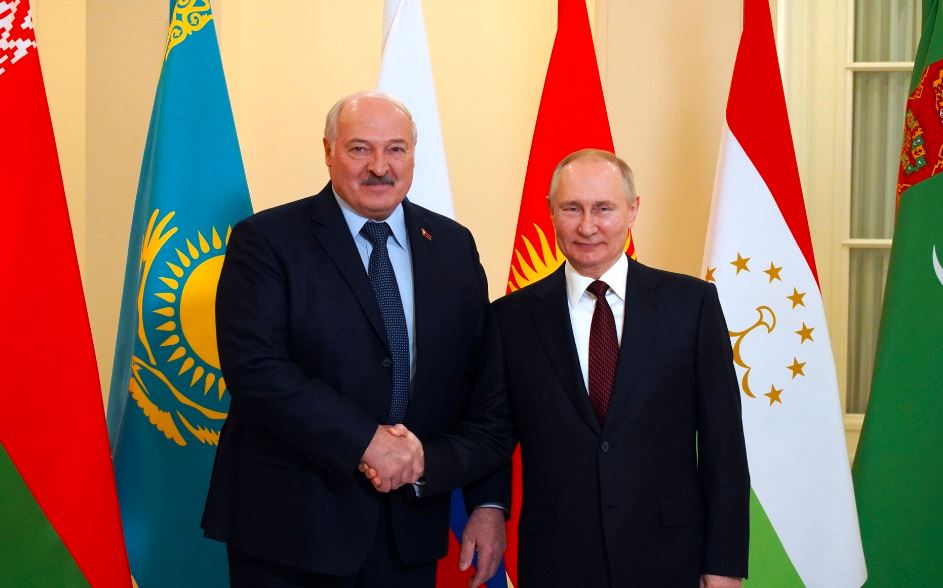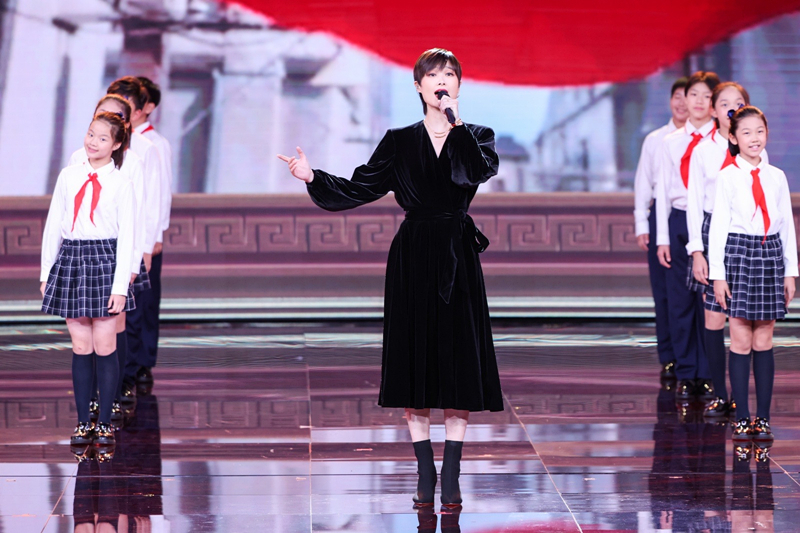In an article on AsiaRussia.ru yesterday, Khramchikhin argues that a Chinese invasion of Russia is almost inevitable because “objectively” China cannot survive “in its current borders. It must become much bigger if it does not want to become much smaller” and it needs resources Russia and Kazakhstan have but Southeast Asia does not.
“Of course,” he continues, “a peaceful form of expansion (economic and demographic) would be preferable, but a military variant is not excluded.” Beijing’s military preparedness moves strongly suggest that Chinese leaders are thinking about it. Indeed, “in recent years, the Chinese army has been carrying out exercises which it is simply impossible to treat as anything but preparation for aggression against Russia.”
China is no longer dependent on Russia for arms. Not only has it long demonstrated its ability to steal American and European technology in that area, Khramchikhin says, but its own domestic product has so improved that Russia no longer enjoys unquestioned superiority over China in the military field and in some areas is already far behind.
The only sector within that branch where China continues to purchase significant amounts of Russian military technology is the navy which it would use in the event of operations against Taiwan and the United States. It is “obvious” that there isn’t going to be a naval war between China and Russia; if and when it occurs, it will be between two land forces.
And for these forces, China has not been acquiring “any technology” from Russia “because precisely that would be used against Russia in the event of a war,” the Moscow analyst points out. Moreover, he adds, China has now escaped from any dependence on Russia in its air force as well.
Despite the warm words between Moscow and Beijing in recent months, it is important to point out, Khramchikhin says, that recently, military technology cooperation between the two countries has broken down, partially because of the rapid degradation of the Russian military industrial complex and partially because China wants to have a free hand against Russia.
Qualitatively and quantitatively, the armed forces of Russia and China are “now approximately equal,” but China is moving ahead in many areas. It already vastly outnumbers Russian forces, its training programs are better and more intensive, and its weapons systems are improving relative to those of Russia as well.
Thus, Khramchikhin concludes, “we have no chances in a conventional war” with China, something Beijing understands. Russia still has vast superiority in strategic nuclear forces but even there it is losing ground, especially in terms of the number of intermediate ballistic missiles which might be used and perhaps, although the data are unavailable, in tactical nuclear weapons.
Moscow would be reluctant to use tactical nuclear weapons because it would be employing them on its own territory, the Moscow analyst says, and Chinese strategic rockets are sufficient to be able to “destroy the main cities of European Russia which it doesn’t need” because in that part of Russia “there are many people and few resources.”
Consequently, Moscow would be reluctant to move from conventional to nuclear weapons, and the notion that it could keep China from doing so is “a myth” that needs to be dispelled. Indeed, Khramchikhin says, an examination of the military situation between the two countries provides only one lesson for Russians: “learn Chinese.”





